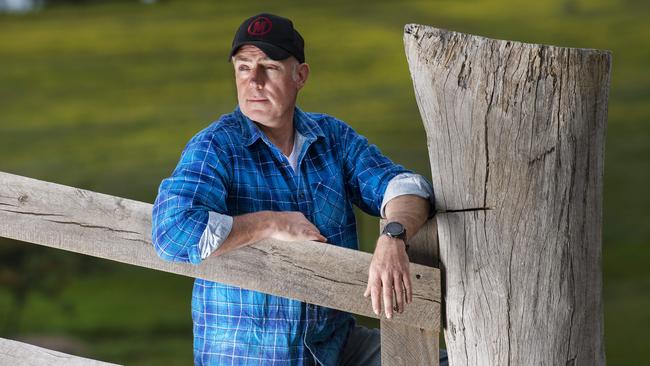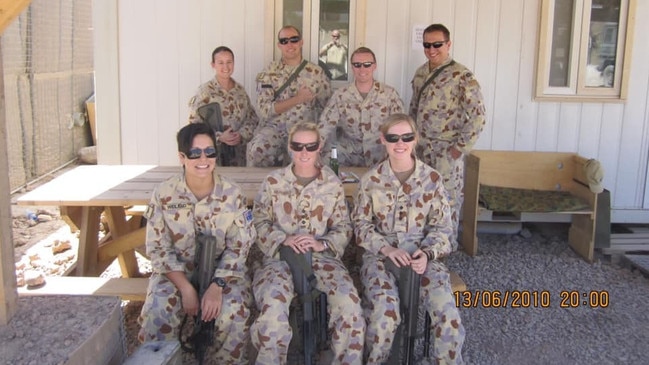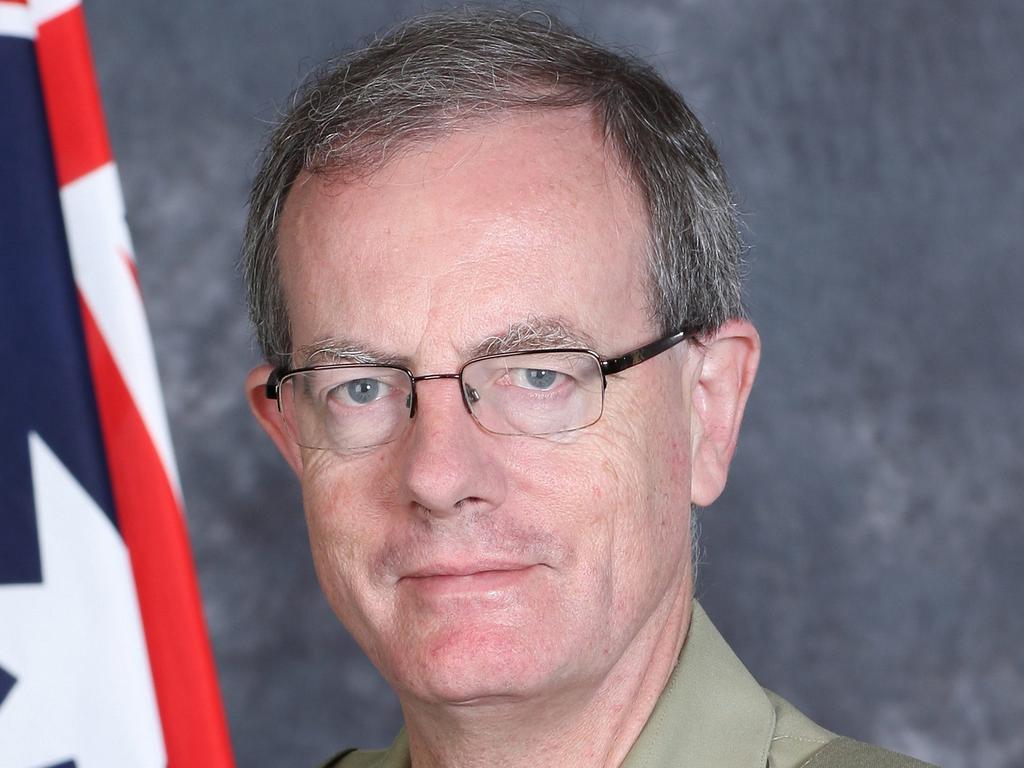Defence ignored warnings over repeated SAS tours, ‘violated’ own ban
Commanders ignored warnings that redeploying elite soldiers to Afghanistan was impairing their decision-making abilities.

Defence commanders ignored repeated warnings from SAS psychologists that continuously redeploying elite soldiers to Afghanistan was harming their mental health and impairing their decision-making abilities.
Ahead of a report on up to 55 alleged war crimes by Australian soldiers during the conflict, The Weekend Australian can also reveal that Defence introduced a waiver system to get around its own policy banning special forces operators from redeploying to Afghanistan without a 12-month break.
An inquiry led by NSW Supreme Court judge Paul Brereton is investigating alleged war crimes in Afghanistan, including claims of numerous unlawful killings. The Brereton inquiry, looking into 55 separate incidents between 2005 and 2016, is expected to be finalised soon.
The waivers and psychologists’ warnings now loom as potential mitigating factors in upcoming criminal cases, and a liability issue for the commonwealth in potential civil suits by soldiers.
Former SAS psychologists Mark Mathieson and Nick Doran, who each did multiple tours in Afghanistan, said commanders were repeatedly told during the war that mental fatigue and trauma were impairing soldiers’ decision-making abilities.

But the warnings went unheeded as political pressure, the always-ready special forces culture and the need to test people and equipment in a once-in-a-generation war led to multiple redeployments for a core group.
Mr Mathieson, who now works with veterans in rural Victoria, said post-traumatic stress and “moral injury” were evident by 2007, two years after the recommitment of Australian special forces to the war. The Special Air Service and Commando regiments continued to see combat until the end of 2013.
“People had their values and morals effectively broken by chronic deployment to a basket case of a country and seeing good friends do bad things and good friends die,” Mr Mathieson said.
“And they were getting that persistently occurring. Guys were on their fourth, fifth, sixth, seventh, eighth deployment in a similar number of years.”
He wrote reports for senior officers on the psychological injuries affecting the elite soldiers, but they went “into the black hole of endless reports being fed into Canberra”.
Mr Doran, who now works with corporate clients and reality TV shows, said post-deployment reports were written after every four-month tour, detailing the mental health problems being experienced by the men.
“In my conversations with the SAS leadership, they were well aware of this. It was a major concern,” he said.
“But they were under orders from Special Operations Command to do the job. SOCOMD is simply the instrument of the broader political and governmental decision at the time.”
Both of the psychologists confirmed that the waiver system was used to override Defence’s 12-month rule aimed at giving soldiers sufficient rest between deployments. “They found (the rule) was just impossible, because there weren’t enough fighting guys to fill out the rotations,” Mr Mathieson said.
Mr Doran said the waivers were used to make up for the relatively small pool of beret-qualified operators in key roles, such as corporal, lance corporal and sergeant.
“In order to make the unit operational in any kind of functional way, you have to have this waiver system in place, to allow these critical positions and roles to be able to violate that rule and deploy again. So as soon as you have that waiver system in place — and it makes sense for certain roles — you can apply it to almost all situations.”
Mr Doran said at times the system forced him to compress the post-deployment psychological screening timetable so operators could be sent back to the war zone. “In order to make a waiver happen we had to bring that in a little bit earlier, or do whatever we could to get those critical factors signed off for the operational capability to be made available,” he said.
Defence would not provide information to The Weekend Australian on the proportion of SAS and Commando operators who did high numbers of combat rotations during the war. But it said soldiers’ mental health was a priority, and defended its systems for ensuring operators didn’t redeploy to the war zone too soon.
“For Australian Army special forces soldiers who were deployed to Afghanistan, Army took thorough steps to ensure they received adequate rest and recuperation after operational deployments and a respite period of 12 months between deployments,” a Defence spokesman said.
“From time to time, it was necessary for operational reasons for units to redeploy personnel within the 12-month respite period. This would only occur after an exhaustive process of assessing alternative options, confirming each individual’s voluntary commitment.’’
Final redeployment decisions were made by the Special Operations Commander, and did not require personnel to sign an “individual waiver” or legal document, the spokesman said.
Justice Brereton’s report, for the Inspector-General of the Australian Defence Force, will rock the nation’s military establishment and tarnish community perceptions of the nation’s most revered warriors. Prosecutors are already preparing cases against two SAS veterans.
The Federal Court heard this month that Victoria Cross recipient Ben Roberts-Smith — who vehemently denies committing any crimes — is a suspect in the murder of Afghan farmer Ali Jan.
An SAS operator known as “Soldier C”, who was videoed killing an apparently unarmed man in footage screened on the ABC, is also facing potential charges.
The Australian revealed last month that Defence had asked an independent expert to examine cultural and leadership failings that may have contributed to the alleged war crimes. The study will look at the ethical standards and command culture of the SAS and Commando regiments from 1999.








To join the conversation, please log in. Don't have an account? Register
Join the conversation, you are commenting as Logout